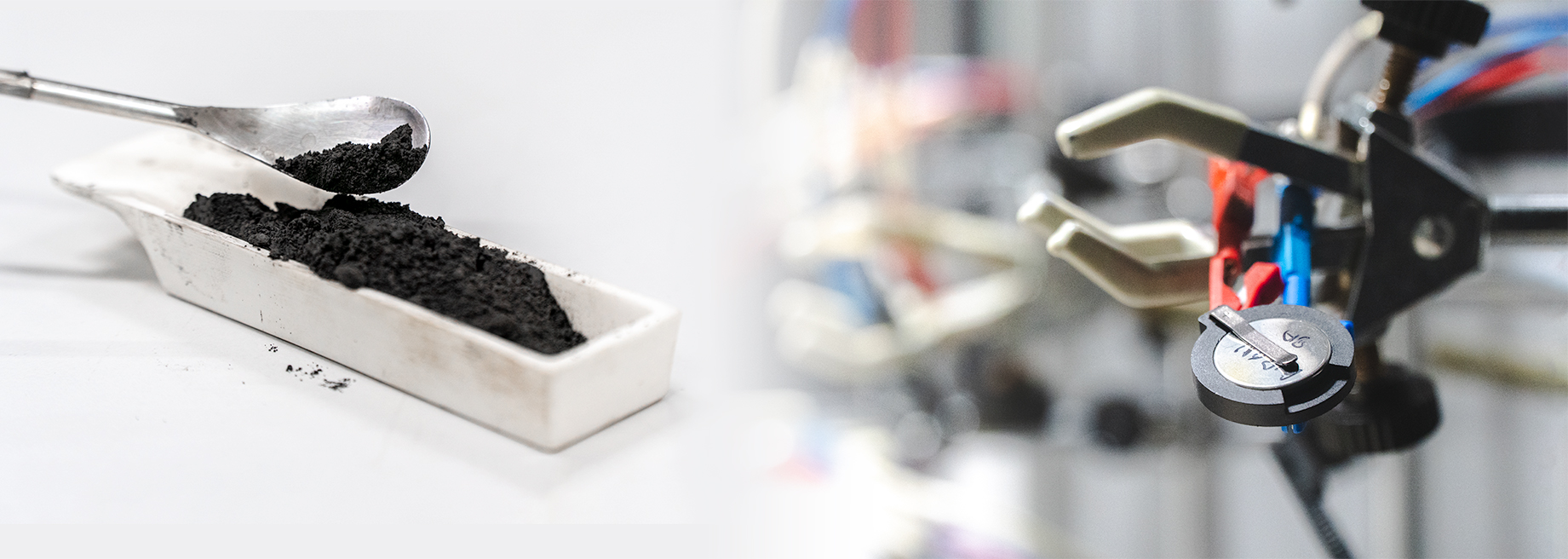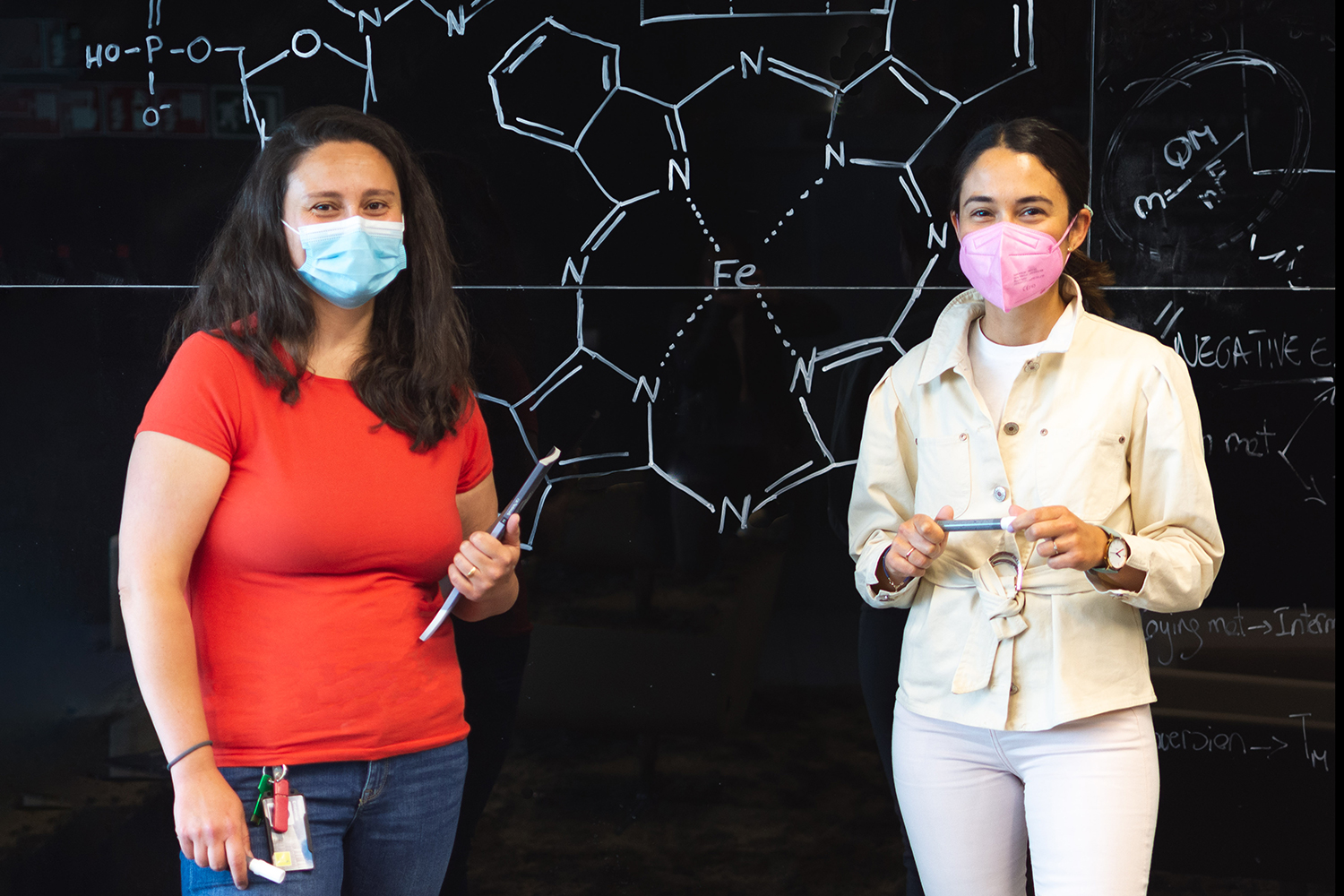CIC energiGUNE, the Basque research center of reference in battery storage, thermal energy solutions and hydrogen, and member of the Basque Research & Technology Alliance-BRTA, will explore the application of biological systems in the development of new cathodes for metal-air batteries that catalyze in a more efficient way the oxygen reactions of reduction/oxidation that take place in these types of batteries. This initiative is framed within the project BioAirBat, which has been included by the Ministry of Science and Innovation inside the 2021 call of its funding program “R&D&I Challenges”.
“Biomimetic synthetic molecules are an excellent option for the creation of new materials with similar or better properties than the already existing biological materials in nature”, has assured Doctor Nagore Ortiz-Vitoriano, Principal Investigator of the project in CICenergiGUNE. “Thanks to this aid from the Ministry we will be able to advance more quickly in the discovering and design of new materials with enhanced catalytic properties that will allow to shed some light on the new generation of metal-air rechargeable batteries”.
In this sense, the objective of BioAirBat is to imitate the oxygen’s cycle linked to the cellular respiration in order to manufacture cathodic materials that are more efficient and more respectful for the environment. To do so, based on a multidisciplinary research, BioAirBat proposes combining the vast potential of the electrocatalytic biomolecules that are present in nature with the necessities of a metal-air battery, in order to offer a radically innovative, economical and sustainable solution that overcomes the challenges that technology faces nowadays.





